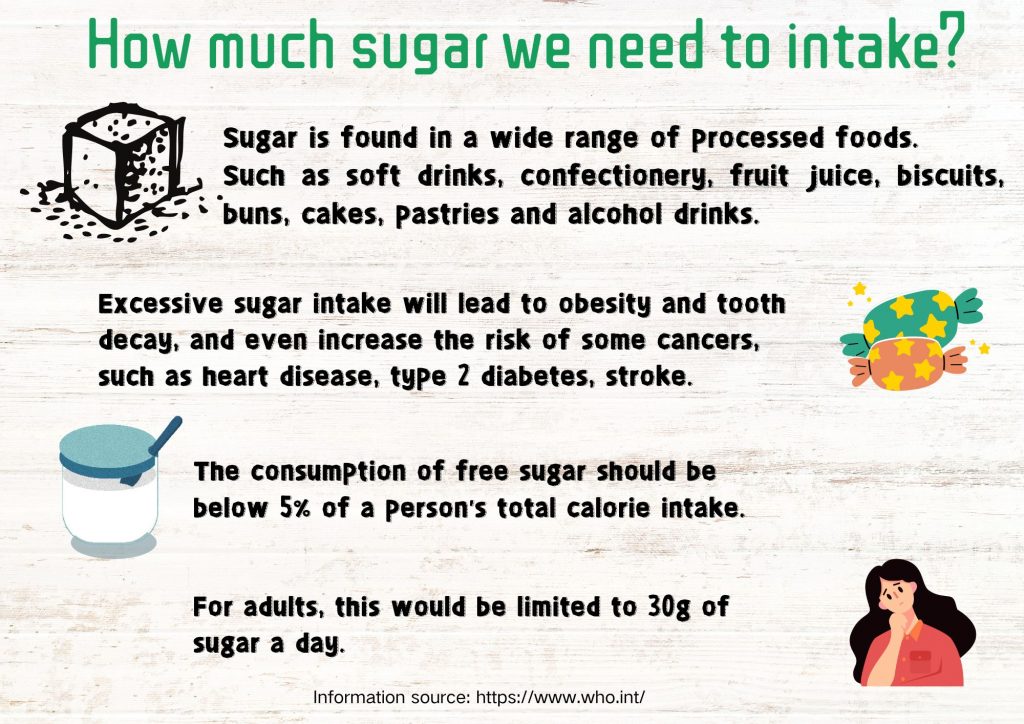The Welsh government will restrict supermarkets from displaying unhealthy food at checkouts. Will new regulations prevent people from buying?

When customers are checking out at the supermarket, they unconsciously notice the shelves near the checkouts, displaying colorful snacks. Next to the snack shelves, there will always be a beverage cabinet filled with various cool and tempting drinks. It is easy for customers to grab one food at checkout.
However, the newest regulations may change this phenomenon. Senedd members voted 25-24 to pass a plan to ban the provision of unhealthy food and beverages last month.
“The strategy for promotion used by the food industry has an influence on what we eat,” Welsh health secretary Jeremy Miles told the Nation CYMRU, “Building a sustainable health system starts with supporting people to live healthier lives, free from disease or disability. These regulations are a positive first step in embedding preventative measures in our food system.”

Retailers with over 50 employees such as Tesco, Co-op Food and SPAR will follow it restricting promotions on unhealthy foods. It will restrict the promotions at store entrances, aisle ends, checkouts, and online. Free refills on sugary drinks from chains like Five Guys, Harvester, and Nando’s will also be limited.
In the new regulations, 16 types of ultra-processed foods will be restricted from promotion. Such as potato chips, ice cream, and sweet biscuits.
Ultra-processed foods are highly processed foods, the ingredients have undergone many modifications, which changed the raw materials. It usually contains food additives such as flavor enhancers, spices, pigments and preservatives.

Although ultra-processed foods extend the shelf life of food and make it delicious, numerous studies have confirmed it has multiple potential hazards to health.
A study by Harvard University points out that refined bread, sauce, condiments, artificial and sugary drinks, animal products and ready-to-eat food are most closely related to the higher risk of type 2 diabetes.
Researchers from Deakin University in Australia, Johns Hopkins University and others said, “Overall, direct associations were found between exposure to ultra-processed foods and 32 health parameters spanning mortality, cancer, and mental, respiratory, cardiovascular, gastrointestinal, and metabolic health outcomes.”
Jeremy said the new regulations will be implemented in March 2026, which will help address the growing obesity and health problem in Wales.
According to the new analysis by the innovation charity Nesta, more than a third of Welsh adults are obese, rising from the official figure of 26% to 34%, making it the highest rate among all UK nations.
“Obesity is a serious public health issue in Wales, something that the Welsh government has shown an admirable commitment to tackling previously, such as through restrictions on the promotion of high fat, salt and sugar products,” said Jonathan Bone, mission manager of healthy life at Nesta.
Welsh government plans to cultivate more healthy diet habits through changing the promotion strategy in the food industry.

Pester power is an effective strategy in marketing. Marketers can greatly increase sales and shape consumer behavior through reasonable product placement, advertising promotion, and in store display.
The dietary habits formed during this adolescence may persist into adulthood. Adults in wealthy countries such as the UK and the US receive over half of their calories from ultra-processed food, with teenagers accounting for the highest proportion.
Reactions to the new regulations, Jacob, residents in Cardiff, said, “There has been increased reaction from the public about promotion of unhealthy foods. I control the intake of unhealthy food in mylife, so I don’t think it will affect my shopping or diet habits.”
“When I feel pressure or watch a movie, I like to eat snacks. It is a great way to relax,” Yijing Ding, a student studying at Cardiff University, said, “Some restrictions are good, but it will not stop me purchasing the snacks that I want to eat.”
Council will implement the new regulations in March 2026. If there is any violation, they will firstly issue an improvement notice before any punishment. If the regulations are not followed, a fixed penalty of £ 2500 will be imposed.
